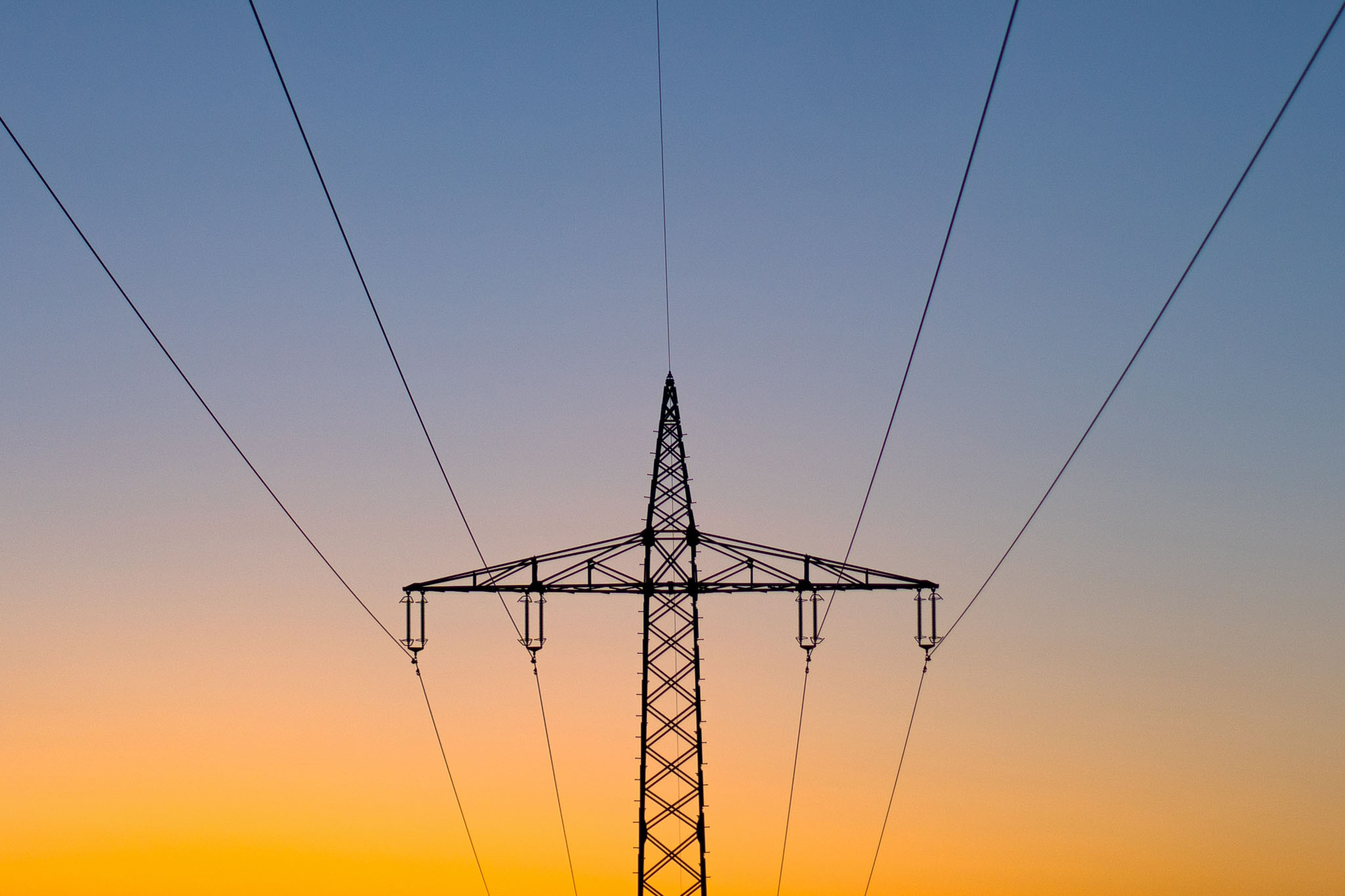Energy cost subsidy I and II for companies and energy cost flat rate for small businesses

In the previous year, the Austrian federal government countered the exceptionally high increase in energy prices by means of an energy cost subsidy, which was intended to cover part of the additional costs incurred and to relieve the burden on businesses. Due to unchanged inflation, further measures were decided.
Extension of energy cost subsidy I
The funding measures of the Energy Cost Subsidy I (“EKZ I”) have now been extended to the 4th quarter of 2022. It will therefore also be possible to submit an application for the funding period October to December 2022. The two-part application procedure “pre-application” and “application” will be retained. According to initial information, the following deadlines are planned:
- Pre-application: 29 March to 14 April 2023
- Application: 17 April to 16 June 2023
Pre-registration within the above-mentioned period is a funding requirement; applications cannot be submitted without pre-registration. As in the past, the principle of “first come – first served” will apply.
Essentially, the same framework conditions apply to the extended EKZ I as to the previously planned EKZ I for the period January to September 2022. However, in addition to electricity and natural gas, heating, cooling and steam are now also listed as eligible energy sources. Furthermore, the EU Commission has expanded the group of sectors that are particularly affected.
Pre-registration and application can still be made via the aws funding manager.
Energy cost subsidy II
The energy cost subsidy II to be applied for in 2023 will provide for new subsidy limits, a new subsidy intensity and, according to initial media information, an expansion of the types of energy eligible for subsidies in the basic level to include heating oil, heating pellets and wood chips.
Subsidies in stages 3 to 5 require the submission of an employment guarantee, according to which companies undertake to retain at least 90 % of the workforce existing on 1 January 2023 (calculated as full-time equivalents) until 31 December 2024. In addition, a restriction on bonus payments and dividends or profit distributions will apply to all funding levels.
Applications will be submitted in two stages. The first application window for the funding period January 2023 to June 2023 is scheduled for the 3rd quarter of 2023, the second application window for the funding period July to December 2023 is scheduled for the 1st quarter of 2024.
Applications will again be possible via the aws funding manager.
Flat rate for energy costs for small businesses
A flat-rate subsidy model, the so-called energy cost flat rate, is available for micro and small enterprises as a subsidy measure to reduce energy costs.
According to initial information, companies can apply for a subsidy of between EUR 110 and EUR 2,475 retroactively for the year 2022, depending on the sector they belong to and their turnover, provided it is between EUR 10,000 and EUR 400,000. Proof of energy intensity is not required.
The Forschungsförderungsgesellschaft (FFG) is responsible for processing the funding measure. Applicants for funding can register online for a pre-check with the FFG from 17 April 2023 and will then receive a checklist with information on the rest of the application process.
https://www.ffg.at/news/energiekostenpauschale-des-bundes-bringt-entlastung-fuer-kleinunternehmen
The first applications can be submitted from mid-May 2023, and payment will be made shortly thereafter.

